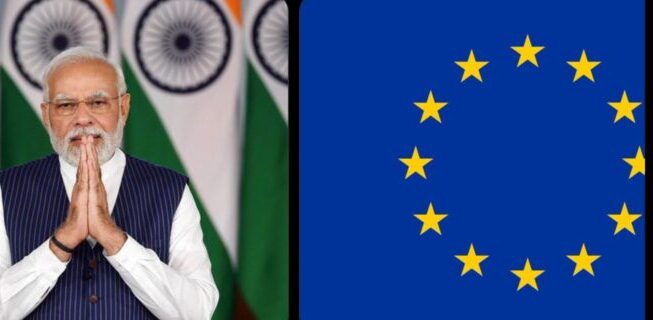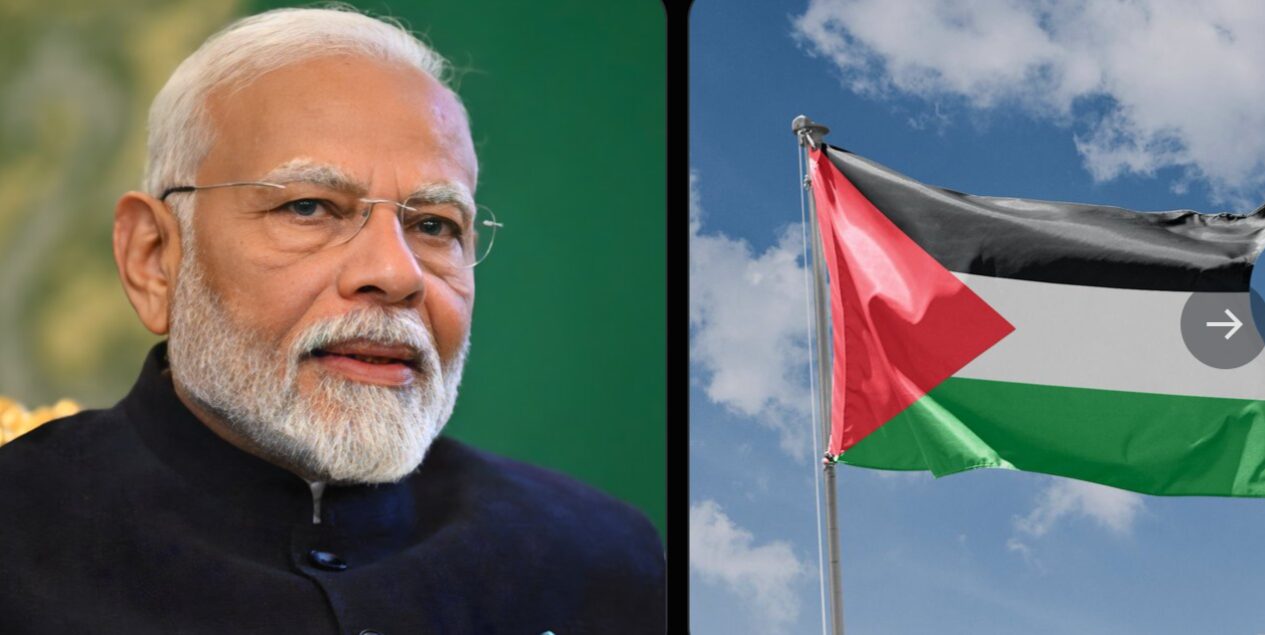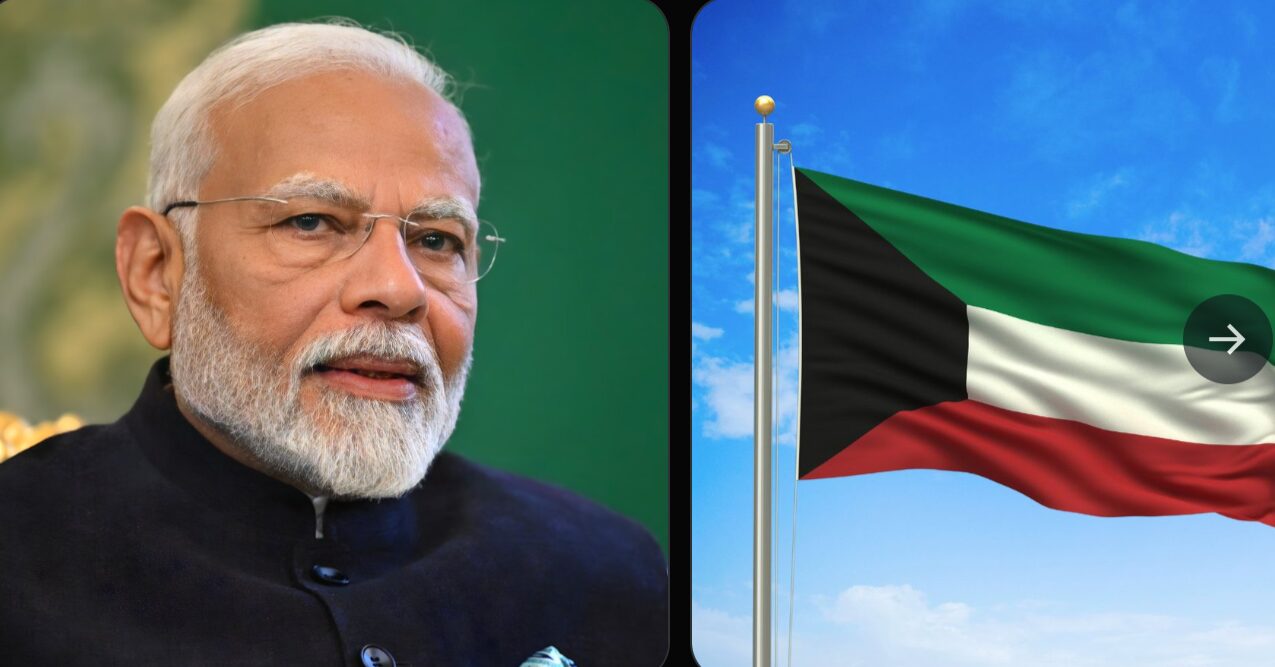Indian Prime Minister Modi Affirms Commitment to Strengthening India-EU Strategic Partnership
In a significant diplomatic statement, Indian Prime Minister Narendra Modi has reaffirmed India’s dedication to deepening ties with the European Union (EU), calling the two entities “natural partners.” During a recent address, Modi emphasized that India and the EU are aligned in their shared values and interests, and that the Indian government is committed to further enhancing their strategic partnership. This statement comes at a time when the global political and economic landscape is evolving rapidly, and strengthening international alliances has become more important than ever.
The Significance of the India-EU Relationship
India and the EU have long enjoyed a collaborative relationship based on mutual respect, shared values, and common objectives. As two of the world’s largest democracies, both India and the EU prioritize human rights, sustainable development, and peacebuilding on the global stage. The strategic partnership between India and the EU is critical in shaping the future of global trade, climate action, technological innovation, and geopolitical stability.
Over the years, the India-EU relationship has evolved from a primarily trade-focused partnership to a broader strategic collaboration, encompassing areas such as defense cooperation, digital technology, science and technology, and education. India, as one of the fastest-growing economies in the world, and the EU, as a political and economic bloc, have complementary strengths that offer vast potential for cooperation in various domains.
Strengthening Trade and Economic Ties
One of the key areas where India and the EU have worked together is in trade and economics. The EU is one of India’s largest trading partners, and India is the EU’s 9th largest trading partner. Their trade relations cover a wide range of sectors, including information technology, pharmaceuticals, machinery, and services. Both sides are working to enhance this relationship further, with India seeking to increase its exports to the EU, particularly in areas like textiles, agricultural products, and software services.
Prime Minister Modi’s remarks underscore India’s commitment to advancing bilateral trade, including the negotiation of a free trade agreement (FTA) with the EU. While talks on the India-EU FTA have been ongoing for several years, there is growing optimism that the agreement could soon materialize, boosting trade, investment, and economic growth between the two partners. If successful, this agreement would not only strengthen economic ties but also position India as a key player in the EU’s broader economic strategy in the Indo-Pacific region.
The FTA negotiations are expected to address various issues such as tariff reductions, intellectual property protection, market access, and regulatory cooperation. With India’s growing role in global supply chains and the EU’s interest in securing sustainable and resilient trade partnerships, the conclusion of a robust trade agreement could be a significant milestone in the India-EU partnership.
Geopolitical Cooperation: Shared Interests in Global Stability
Beyond economic ties, India and the EU share common interests in ensuring geopolitical stability, particularly in the Indo-Pacific region. Both parties are committed to upholding the rules-based international order, strengthening multilateral institutions like the United Nations, and addressing global security challenges such as terrorism, climate change, and the proliferation of nuclear weapons.
India’s growing influence in global geopolitics, combined with the EU’s commitment to peace and stability, makes them natural allies in addressing regional and global security issues. Both India and the EU have expressed concerns about rising tensions in the Indo-Pacific, particularly with regard to the assertiveness of China in the region. Cooperation in this area is crucial, as India and the EU are well-positioned to advocate for the protection of maritime security, freedom of navigation, and the peaceful resolution of disputes.
India’s strategic position in the Indo-Pacific and its role as a key partner of the EU in ensuring regional stability cannot be understated. As such, strengthening India-EU cooperation on defense and security issues, including joint initiatives to combat terrorism and enhance cybersecurity, is likely to remain a top priority for both sides.
Climate Change and Sustainability: A Shared Vision for a Green Future
Another crucial area of collaboration between India and the EU is climate change and sustainability. Both India and the EU are deeply committed to addressing the global climate crisis, and their partnership is vital in advancing efforts toward a greener, more sustainable future. India has set ambitious targets for renewable energy adoption, carbon emissions reductions, and environmental conservation, while the EU has been at the forefront of international climate action with its European Green Deal.
Prime Minister Modi’s government has made substantial progress in renewable energy development, aiming to expand India’s capacity for solar and wind power. The EU, with its expertise in green technologies and sustainable development, is an important partner in helping India meet its climate goals. Through joint ventures, funding for green projects, and collaboration on technology transfer, India and the EU can work together to accelerate the transition to a low-carbon economy.
The EU has also been a key partner in supporting India’s ambitious goals under the Paris Agreement. Both sides are working toward aligning their climate actions to ensure the world stays on track to limit global warming and protect vulnerable communities from the devastating impacts of climate change.
Technological and Scientific Collaboration
In addition to trade and climate change, India and the EU are deepening their collaboration in the fields of technology and innovation. India is a global leader in the tech industry, with a booming information technology sector and a rapidly growing startup ecosystem. Meanwhile, the EU is known for its strong research and development capabilities and its emphasis on scientific innovation. The two sides have the potential to leverage their strengths to create cutting-edge solutions for global challenges.
India’s robust space program is another area where the India-EU partnership is flourishing. The European Space Agency (ESA) and the Indian Space Research Organisation (ISRO) have collaborated on several space missions, including joint projects for satellite launches and deep space exploration. This cooperation benefits both sides by expanding access to space technologies, enhancing scientific research, and addressing global challenges such as climate monitoring and disaster management.
The India-EU collaboration in science, technology, and innovation holds tremendous promise, particularly as both sides seek to position themselves as global leaders in emerging technologies such as artificial intelligence, biotechnology, and green energy solutions. By working together, India and the EU can help shape the future of technological progress while also ensuring that these innovations are used to benefit society and the environment.
People-to-People Ties: Strengthening Cultural and Educational Links
In addition to the economic and geopolitical dimensions of their partnership, India and the EU have a strong foundation of cultural and educational exchanges. People-to-people ties between the two regions continue to grow, as millions of people from the Indian diaspora contribute to the EU’s cultural, economic, and social fabric. India’s rich cultural heritage, along with the EU’s diversity of languages, histories, and traditions, creates a strong basis for mutual understanding and collaboration.
Educational partnerships between Indian and European universities are another vital aspect of the relationship. Student exchange programs, joint research initiatives, and academic collaborations help strengthen ties between the two regions, fostering greater understanding and collaboration in fields such as science, technology, and the arts.
Conclusion: A Promising Future for India-EU Relations
Prime Minister Modi’s recent remarks about India and the EU being “natural partners” are reflective of the growing importance of this strategic partnership in the evolving global landscape. Both sides have much to gain from strengthening their ties, whether through enhanced trade, geopolitical cooperation, joint action on climate change, or technological innovation.
As India continues its rise as a global economic power and the EU remains committed to promoting a rules-based international order, their partnership will be crucial in addressing some of the world’s most pressing challenges. The commitment to working closely together, as expressed by Prime Minister Modi, offers a promising future for the India-EU relationship—one that will undoubtedly play a pivotal role in shaping the world’s geopolitical and economic dynamics in the years to come.

















Post Comment